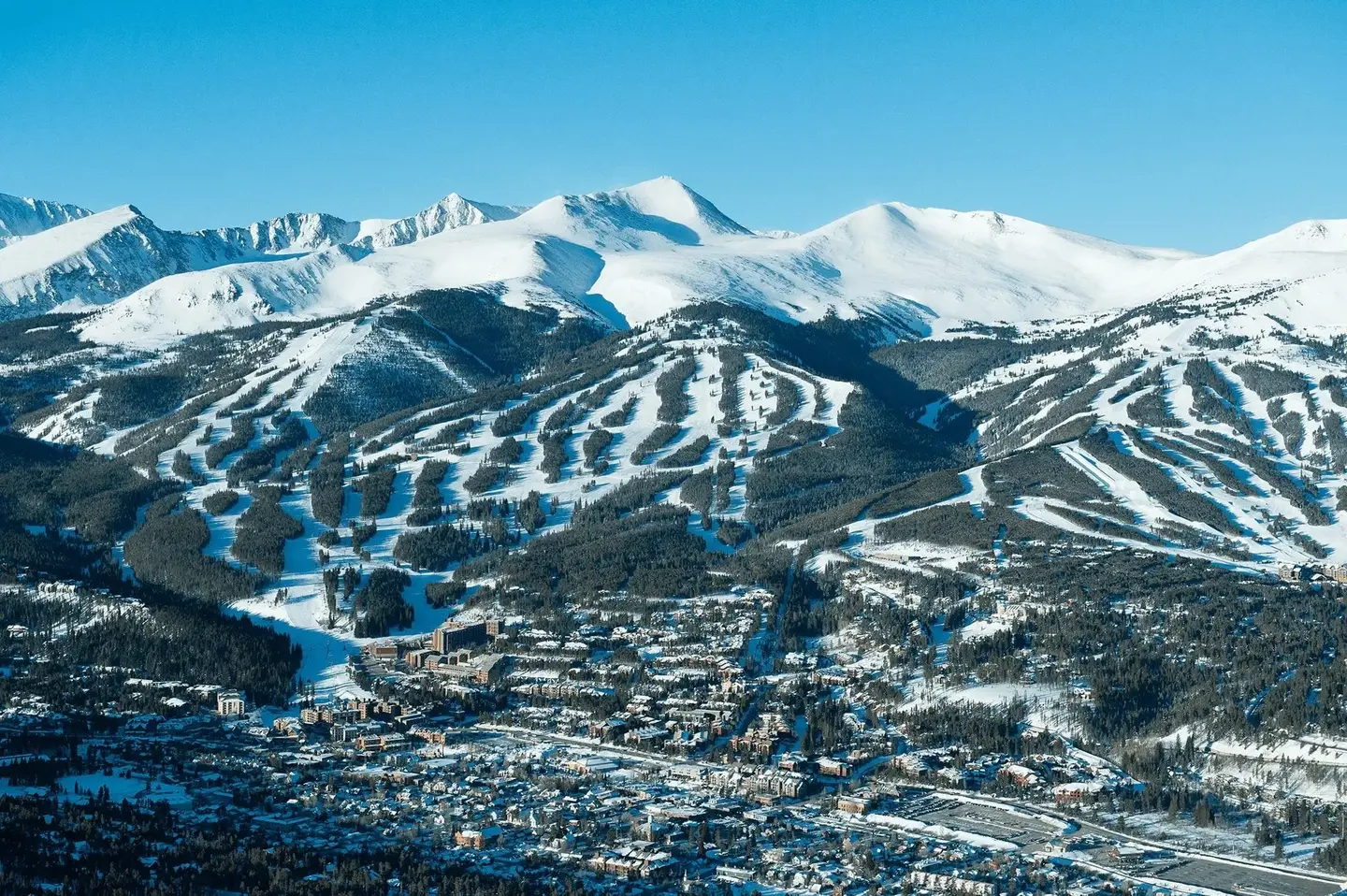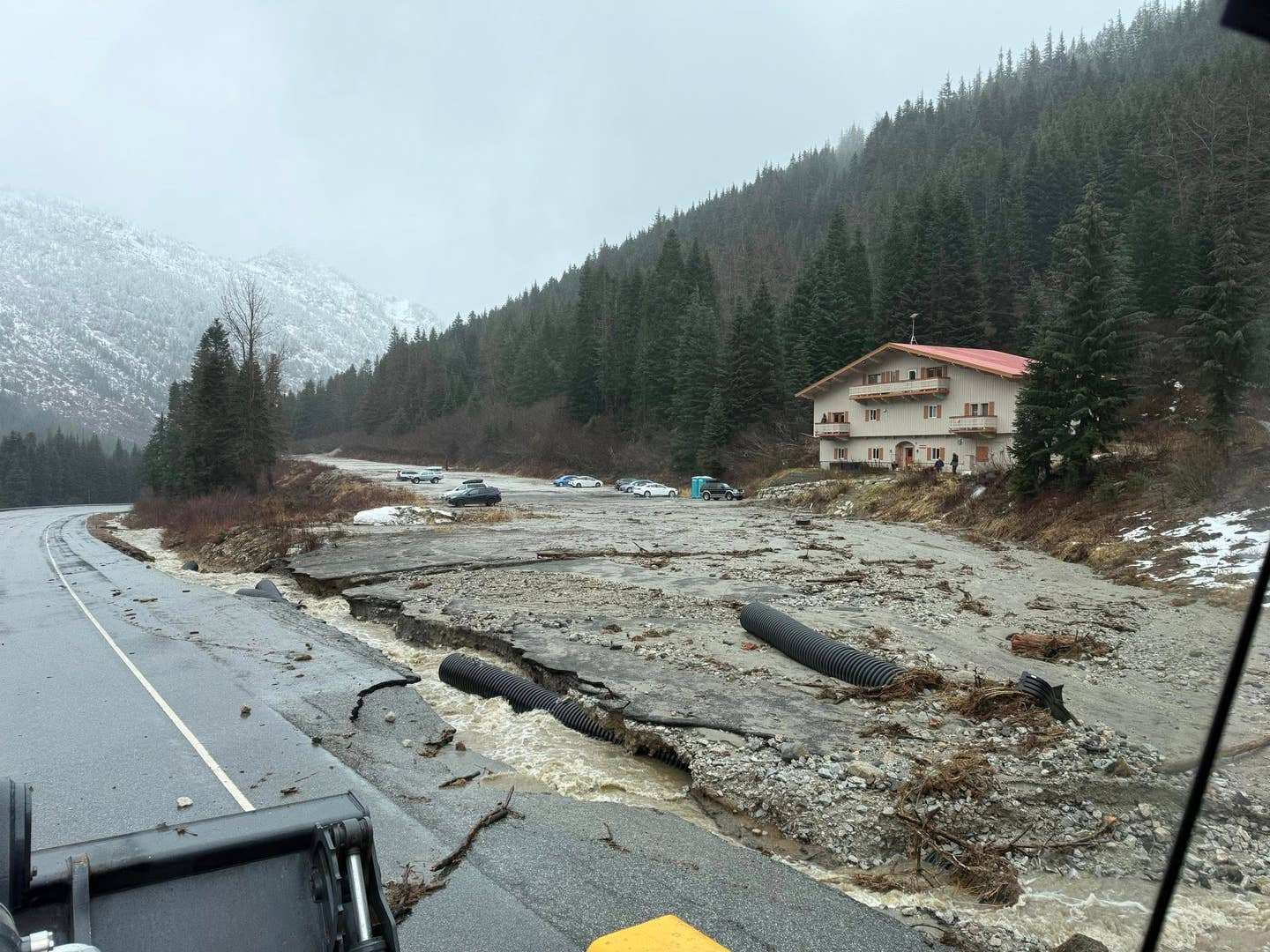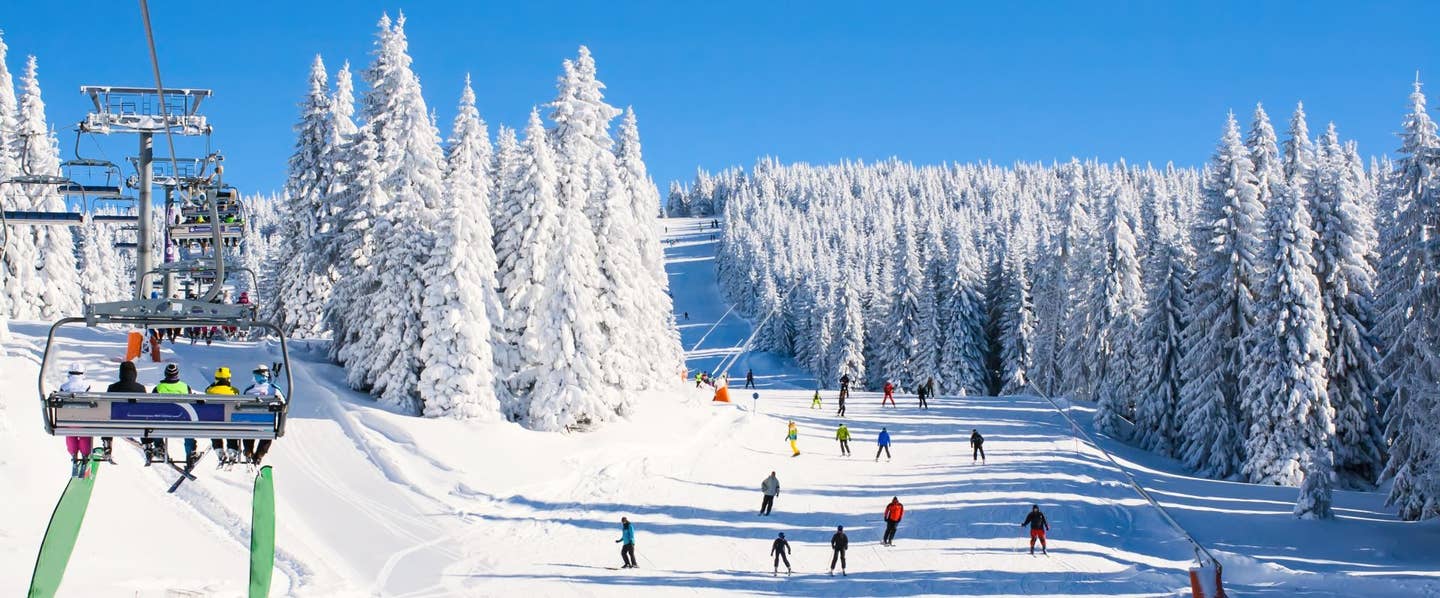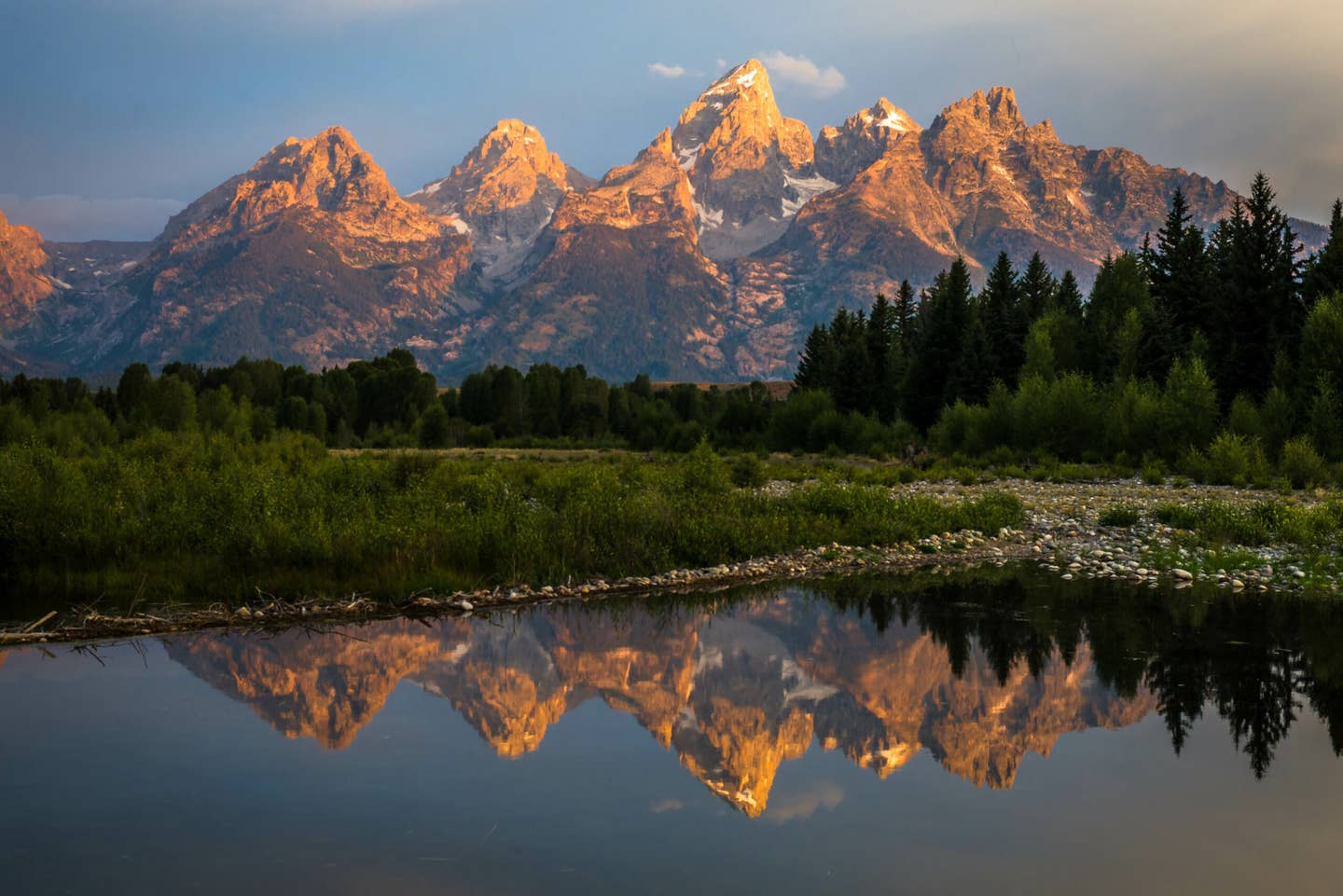

The Road To The River
Popular Stories
There is a point somewhere in the desert-filled terrain between Utah and Colorado where the exits stop having names. They are all numbered, each called “farm exit,” and as you drive past them, needle on eighty miles per hour, it’s easy to feel like you’re not getting anywhere. The sandy buttes and the miles of highway start to look the same. It’s right around here—after you’ve been driving alone for, say, five hours and the radio has fizzled to a pack of talking heads—that you might start to question your judgment. Start to doubt that it was a good idea to shove dry bags, camping gear, and as many cases of beer as you could fit into the back of your car and drive across two states on a few hours notice to spend six days in a canyon with a bunch of strangers.
They needed someone who could row a boat. Could I be in Moab by tomorrow night? And could I bring, like, twenty cases of real beer from Colorado?
My brother has a loosely formed life philosophy he calls, “down for whatever.” I’m sure there are some bounds of that that I don’t want to know about, but, for the most part, it means say “yes” to things. Don’t turn down adventures or potential misadventures, even if they seem weird, or uncomfortable, or you’re not totally sure how they’re going to turn out. Don’t make excuses. Yeah, yeah, yeah, work and sleep and being responsible and all that. You can always get that stuff back. Experience you cannot. That’s why yes—ninety-nine percent of the time—is better than no. Often irresponsible, sometimes stupid, but, the vast majority of the time it’s better. This applies to late night adventures just as much as it does to last minute plane tickets. And it applies to river trips.

So when I got a call from a guy I used to work with inviting me to come along, last minute, on a multi-day river trip through Cataract Canyon with a group of people I didn’t know, I decided I should be down. People had flaked and they had room on their permit. They needed someone who could row a boat. Could I be in Moab by tomorrow night? And could I bring, like, twenty cases of real beer from Colorado? A girl driving across Utah with a Subaru full of out of state beer looked less suspicious than a guy, he reckoned.
River permits can be hard to come by. It’s a pain in the ass to arrange a trip, to plan meals, find a groover, make sure you have enough straps and extra oars, and wrangle people. In some ways it’s kind of nice to jump on late, everything has been prearranged. All you have to do is show up and pull your weight. Plus, I didn’t, per se, have a job at the time.

Sign Up for the TGR Gravity Check Newsletter Now
So I said yes. Slept fitfully. Woke up in the morning and stuffed my tent into a dry bag, found my PFD and drove west toward the junction of the Colorado and the Green. I screamed out of Denver on that kind of “River trip!” and “Adventure!” adrenaline that easily clouds judgment, and it didn’t really set in until past Junction that being stuck in a boat for a week with people I didn’t like could be brutal. And if it was, it might be hard to drink 600 beers by myself. From there, I had hours on the road to contemplate what could go wrong. That’s the hard part of road tripping by yourself—it’s really easy to get in your own head, to become victim to the what-ifs. I started to run through scenarios: What if we flip and I’m the only one who knows what to do? What if they’re all racist assholes? What if this is a bad idea?
Six days later, when we came out of the canyon, we had burned through all of the beer and become the kind of buddies you only get from being off the grid with people. We’d survived flipped boats, debilitating hangovers, and inappropriate costume parties. There was only one domestic dispute, which was settled by putting the warring parties in separate boats for most of an afternoon. Long stretches in the wilderness, more often than not, make you like people more, not less. You become friends fast. Trips like that—when you have hours on end to bullshit and talk or not talk, or when you have to deal with the pseudo-crisis of gear floating downstream or pinned boats—bond you together.

But there’s always the chance that it could go south, that things could be terrible, or, even worse, mediocre. That’s the hazard for being down for whatever. You sign up for whatever happens. The last leg of my road trip took me down a rutted dirt road that ran along the river. By then I was committed, and my nerves from the road weren’t going to do me any good. Whatever happened, it was probably not going to be a disaster. But as the sun went down and I turned on the road to the put-in, I didn’t know that.



